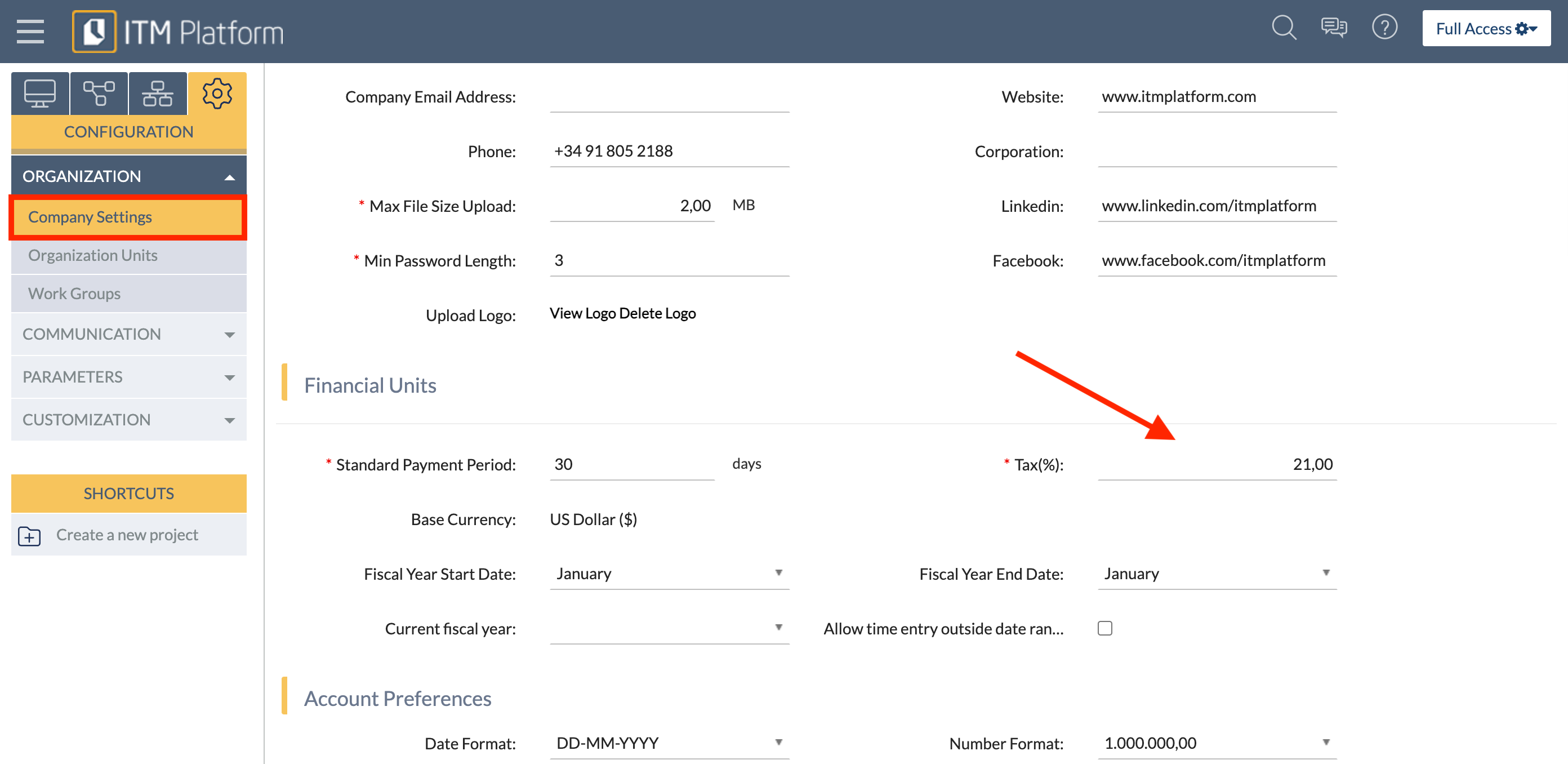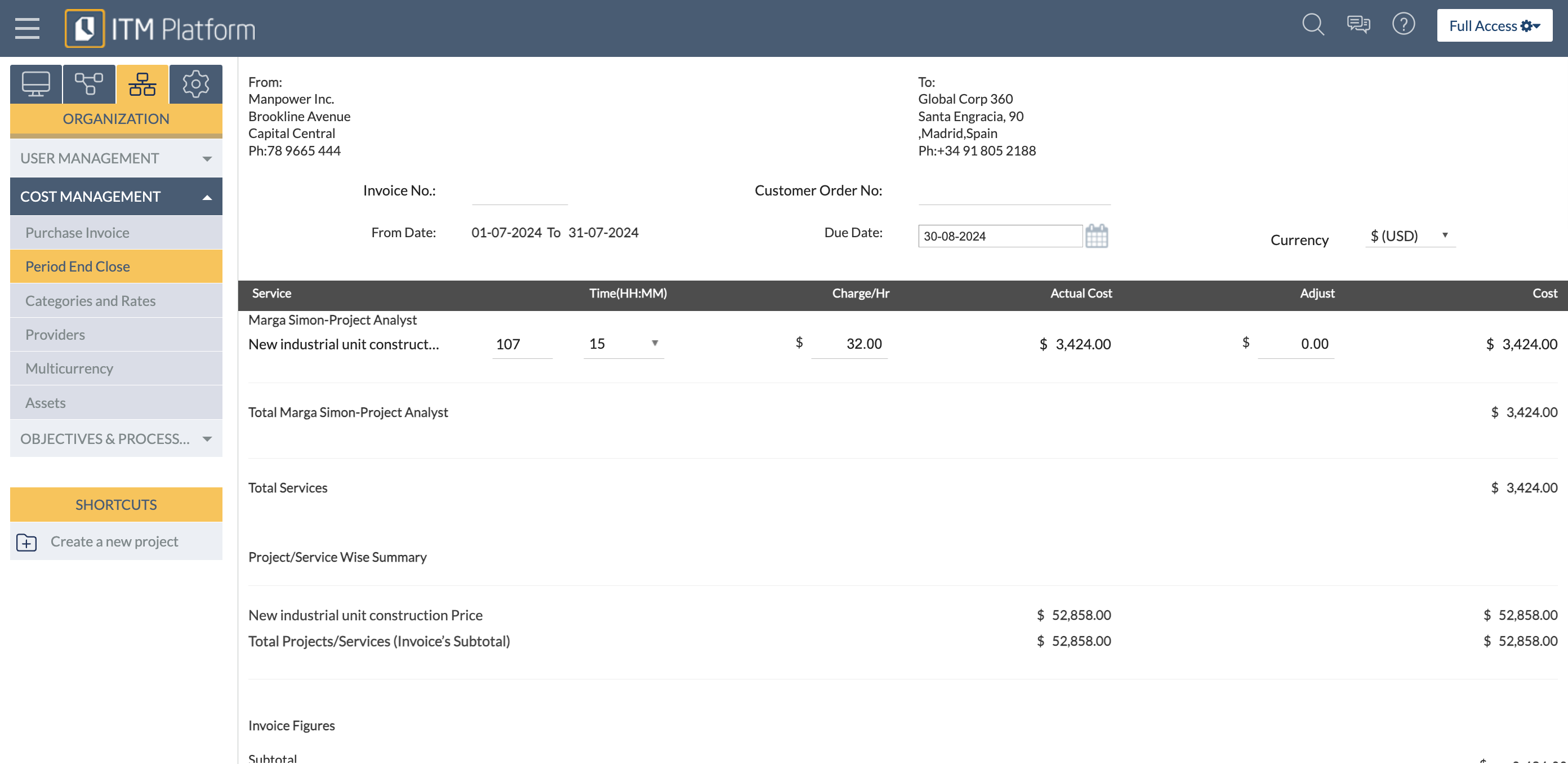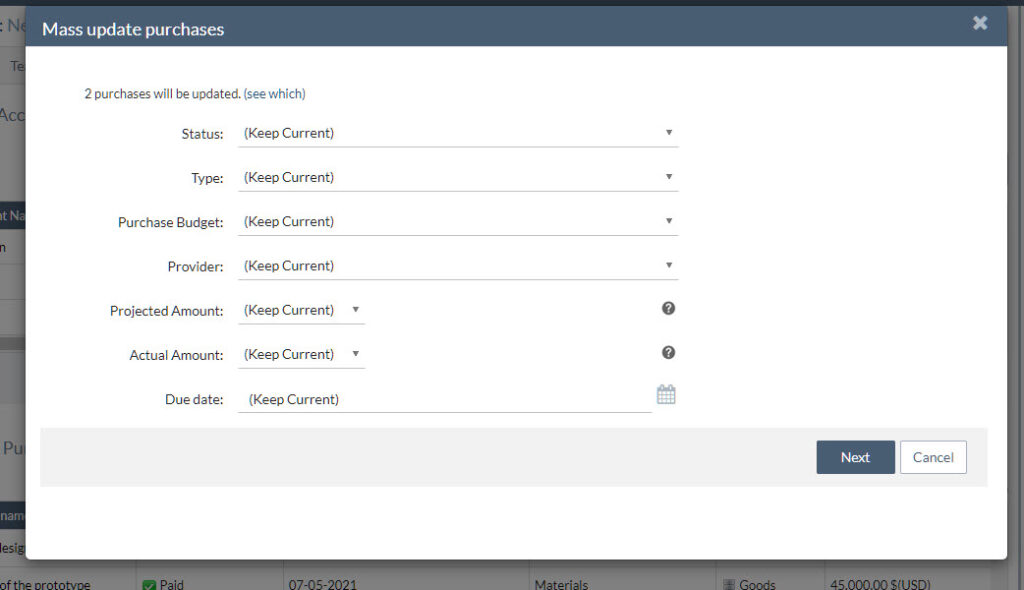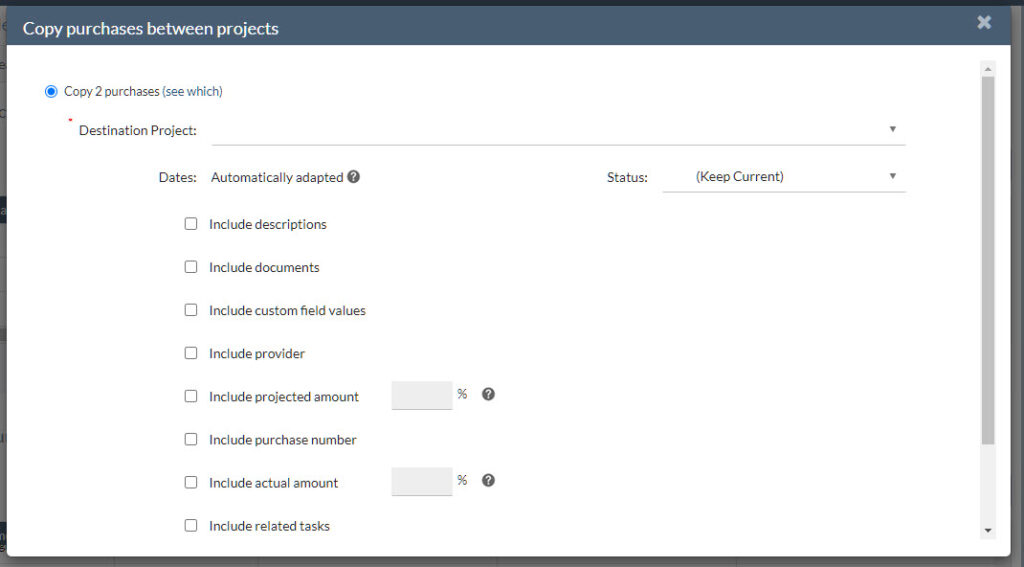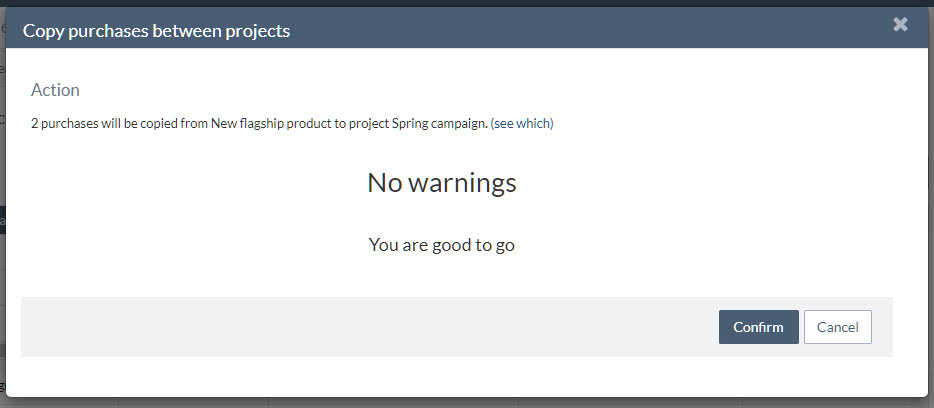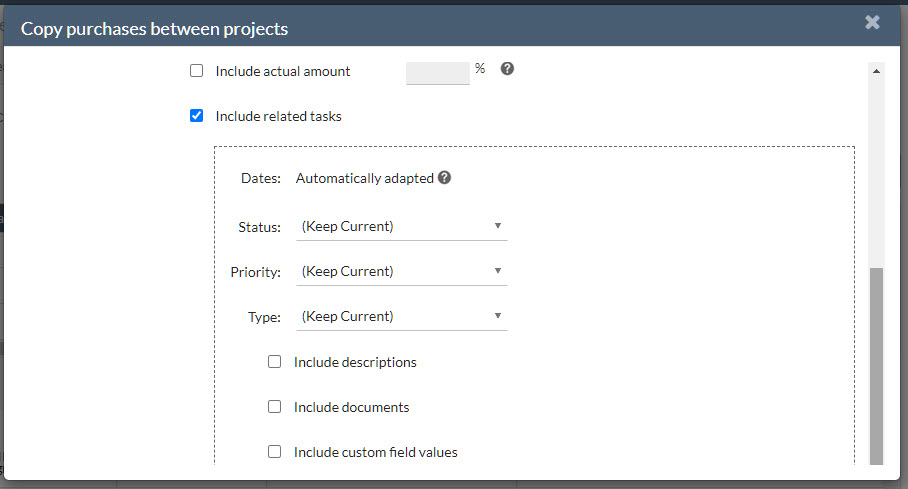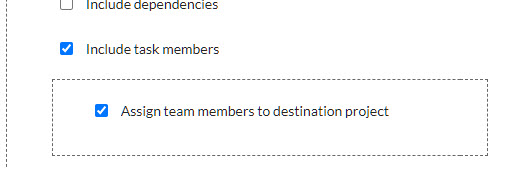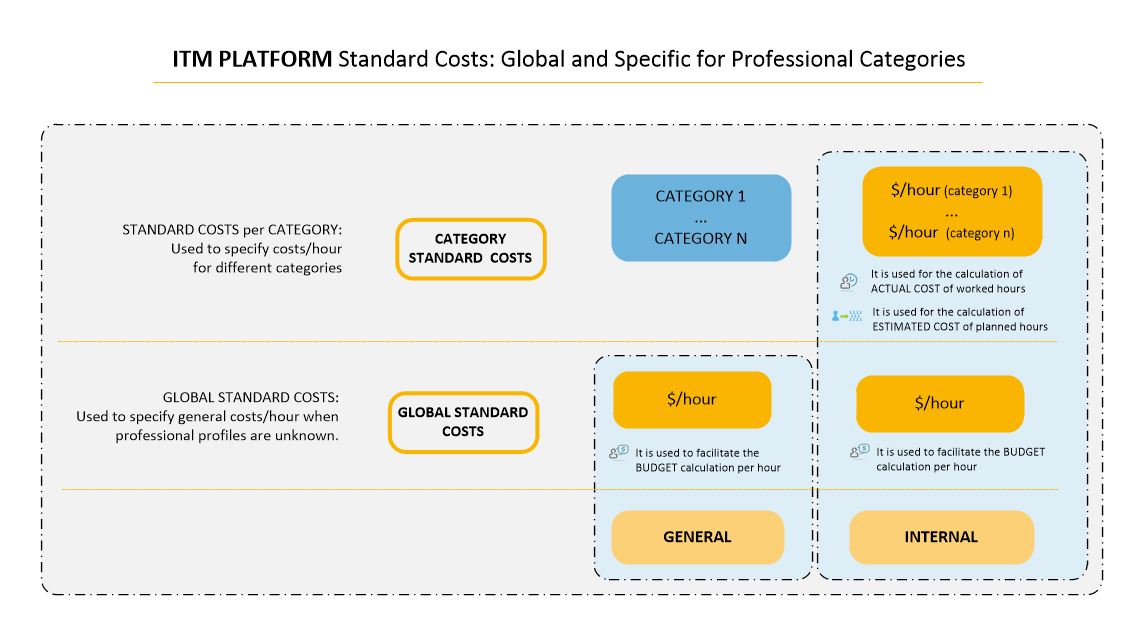Period End Close
Period End Close
The closing of a period allows the consolidation of actual values’ information between two dates.
Period closings will accumulate the costs and revenues corresponding to the reported efforts, paid purchases, and realized revenues within the selected period.
Costs and revenues are considered actual values in the following cases:
- When efforts are reported or accepted by a user with an associated professional profile (defining their hourly cost), the cost proportional to the reported or accepted hours will be considered actual values.
- When the status of a purchase/revenue is any of those defined as Actual Value (which can be customized in the purchases/revenues area of the ‘Parameters’ submenu within the ‘Configuration’ menu), the value defined as actual will be considered as such in the project budget.
Cash or treasury movements typically occur on specific dates, such as the end of the month. To monitor these transactions, performing Period Closings is advisable.
Once the period is closed, hours can no longer be reported within it, and the budgets of the affected projects will show the consolidated values up to the last closing.

Period closings will generate closing documents that represent the worked hours and their cost/rate for each provider, plus an additional one for the internal team.
During the closing process, you can choose the providers and individuals who will be affected. If you want to close for both external personnel (providers) and internal personnel (employees), choose “all.”
In the closing document, you can choose to make adjustments, which can be useful to inform providers about what they should invoice, in case they invoice by the hour.
You may also be interested in reading Professional Profiles and Standard Costs.

